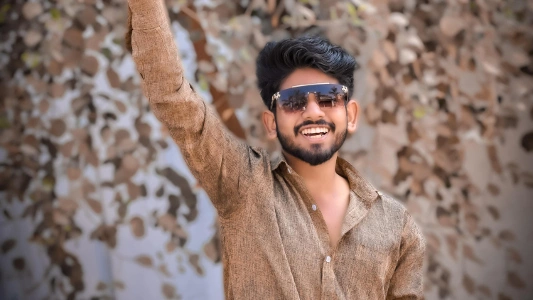'Ineligible for Marriage': Frustrations of a female diabetic

As a female diabetic in my late 20s, I’ve experienced firsthand the frustration of being labelled ‘ineligible for marriage’ due to the perceived difficulty in conceiving a child. This label not only disregards my aspirations and desires. It also perpetuates harmful societal assumptions and biases.
I understand that in today’s society, we often like to believe progress has been made when it comes to breaking down stereotypes and challenging traditional norms. However, there are still times when individuals (particularly women) find themselves labelled and marginalised based on their health conditions – Especially in South East Asian communities where the concept of arranged marriage is still common.
The complexity of diabetes
I know that diabetes is a chronic health condition that affects millions of people worldwide (including me). While it does present certain challenges, it’s essential to understand that being a diabetic doesn’t define my worth as a person or my ability to have a successful and fulfilling relationship. The assumption that diabetes automatically disqualifies me from marriage is not only discriminatory but also fails to recognise the advancements in medical treatments and technologies that enable people with diabetes to lead normal lives.
Reducing women to motherhood
One of the most disheartening aspects of society’s labelling is the reduction of women to their ability to conceive and bear children. While motherhood can be a beautiful and fulfilling experience, it’s not the sole purpose of a woman’s existence. I should be defined by my talents, passions and accomplishments rather than solely by my reproductive capabilities.
It’s unfair to assume that a woman’s worth is contingent on her ability to conceive, especially when there are so many other aspects that contribute to a meaningful and successful marriage.
And are all non-diabetic women magically conceiving without any complications? No! So why do we receive hateful remarks and comments?
Medical advances and support systems
Contrary to popular belief, being a diabetic doesn’t automatically mean I can’t conceive or raise a child. With advancements in medical technology, there are options available to people like me who dream of having a family. From carefully monitored pregnancies to assisted reproductive techniques, there are ways to navigate the challenges of diabetes and conceive a healthy child.
It’s essential to recognise the importance of support systems (both within the medical field and in personal relationships) that can provide the necessary guidance and support.
Final thoughts – Challenging society's biases
Society’s labelling of individuals with chronic conditions as ‘ineligible for marriage’ perpetuates harmful stereotypes and undermines us. It creates a culture of exclusion and fosters feelings of worthlessness, discouraging us from pursuing relationships and achieving our dreams. Society must challenge these biases and shift the focus towards inclusivity and acceptance – People should be evaluated based on their character, compatibility, and emotional support rather than the narrow definition of their physical capabilities.
As a female diabetic in my late 20s, I refuse to accept the label of ‘ineligible for marriage’. I’m more than my health condition and I possess the same desires, dreams, and rights as anyone else.
Society’s narrow-mindedness must be challenged, and we must advocate for a more inclusive and understanding approach – One that respects the diverse paths and aspirations of individuals.
It’s time to break free from the shackles of societal expectations and embrace the richness of human experiences, regardless of our health conditions.
Looking for more stories like this?
Harsh was born with type 1 diabetes. At 21, he feels diabetes forced him to mature early. But it’s taught him valuable life lessons, and made him stronger.
Harsh was born with type 1 diabetes. It’s made his life a constant battle. But he refuses to let it define him, and has learned to live beyond it.
At 5 years old, Devika’s son was diagnosed with type 1 diabetes and their whole world changed. But together they learned how to manage their new normal.








